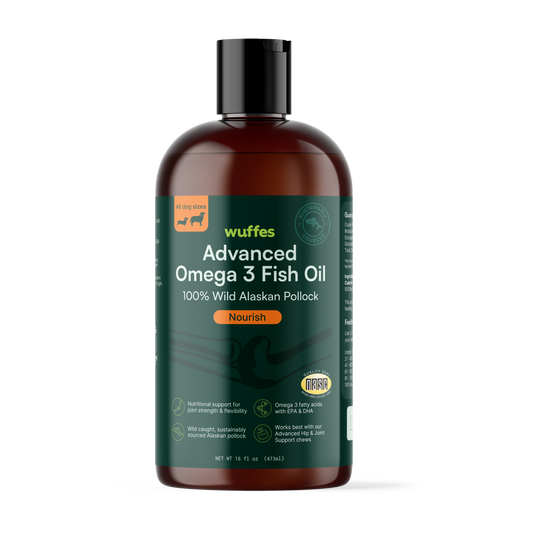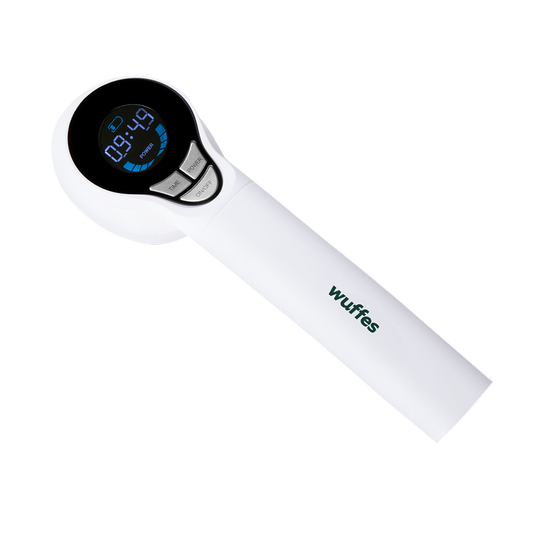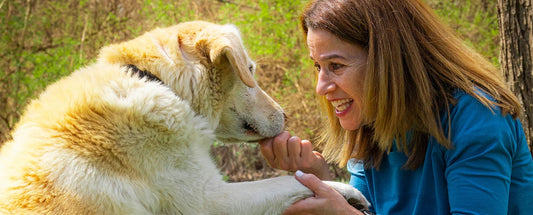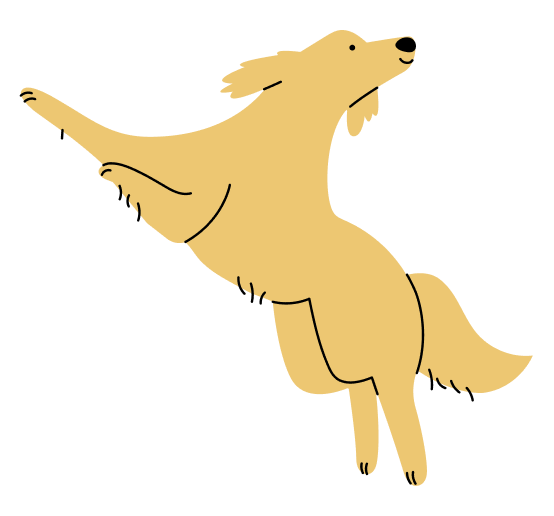Gone are the days when dogs and cats were seen as archenemies. Today, many pet parents enjoy the companionship of both canines and felines in their homes. While these animals can become the best of friends, their differing physiology means they have distinct nutritional needs. Understanding these requirements is essential for pet parents, as interchanging their food could pose serious health risks.
What are the similarities between dog and cat nutrition?
Similarities Between Dog and Cat Nutrition
-
Multivitamins
Both dogs and cats can benefit from multivitamins. These supplements help support their overall health by ensuring they receive essential nutrients that may not be adequately supplied by their regular diet. Given their susceptibility to health issues, incorporating multivitamins can promote their well-being and vitality. -
Fatty Acids
Omega-3 and Omega-6 fatty acids are beneficial for both pets. While dogs can produce Omega-6 naturally, cats cannot, making it essential for them to obtain this fatty acid from their diet. Both animals can enjoy the benefits of these fatty acids through fish oil supplementation, which support energy levels, joint health, and skin condition.
What are the differences between dog and cat nutrition?
The primary differences in nutritional requirements between dogs and cats are related to the amounts and specific nutrients needed:
-
Protein Needs
While both dogs and cats require protein, their needs differ significantly. For example, a cat may only need around 200 calories per day, whereas a dog typically needs about 800 calories. Additionally, dogs often benefit from proteins like arginine, while cats require taurine. -
Vitamin A Metabolism
Cats cannot convert beta-carotene into Vitamin A as dogs can. This means that while dogs can derive Vitamin A from plant sources, cats must obtain it directly from animal tissues. -
Vitamin D Consumption
Conversely, while a high level of Vitamin D can be harmful to dogs, cats can handle it more easily. Therefore, it's important to ensure that the specific vitamin needs for each pet are met through their respective diets.
What happens if a dog consumes cat food or vice versa?
Cats generally have a higher tolerance for consuming the wrong food than dogs. If a cat occasionally eats a small amount of dog food, the side effects are often minimal or unnoticeable. However, if a dog consumes cat food, it may experience symptoms such as stomach aches, diarrhea, or vomiting. In such cases, consulting a veterinarian is highly recommended.
To avoid these issues, consider providing joint and multivitamin supplements designed for both dogs and cats. These products can contain the appropriate amounts of vitamins, minerals, and nutrients needed for each species, allowing you to support their health without overspending.
Conclusion
Caring for both cats and dogs can be a rewarding experience, even if it seems confusing at first. By understanding their nutritional needs and providing the right supplements, you can ensure both pets lead happy and healthy lives. Whether it's incorporating multivitamins, Omega fatty acids, or other essential nutrients into their diets, you’re setting your pets up for success!











